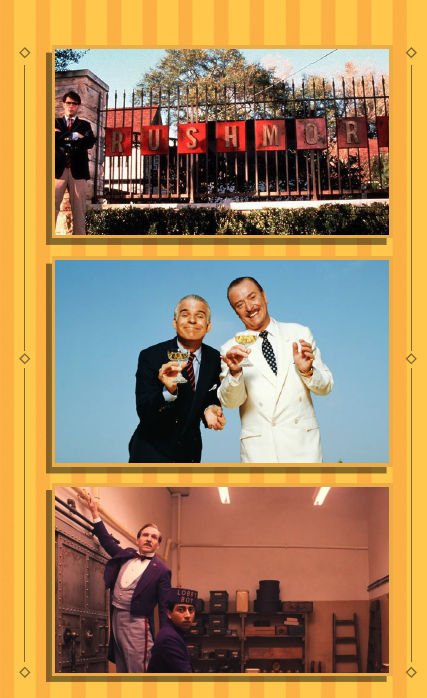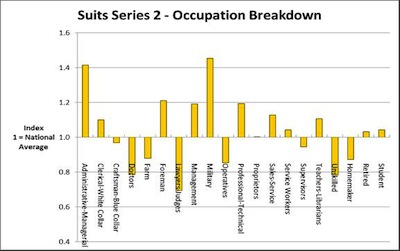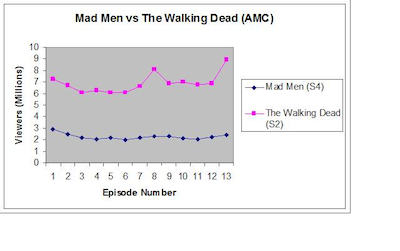The problems for international producers trying to break into China are many. There’s heavy regulation and censorship, and a whole set of different rules for foreign companies setting up in Beijing or Shanghai. There’s also a completely different structure to the Film & TV industries, when compared to Europe or North America.
For instance, a feature film in China makes on average 64.7% of its revenue from its domestic theatrical release, which makes cinemas the dominant mode of distribution. Contrast that with the U.S. where the domestic cinema release accrues roughly 21.4% of a film’s total revenue. Clearly ancillary markets like pay-TV, home video, and of course international theatrical releases are more mature for U.S. movies. But that’s just the basic picture.
The bigger issue in China is actually one of supply. There are a very limited number of theatrical screens which struggle to cope with high domestic demand. Chinese audiences love to attend the cinema, with its advanced audiovisual experience (compared to the lesser quality of TV or pirated content). But there are only 7.3 screens for every 10 million moviegoers in China. In the U.S., the same number of viewers share 129.8 screens.
The result is that a huge number of movies in China simply do not get the opportunity to be released in the cinemas. And there’s no way of making their money back through ancillary revenues.
In some ways, it could be argued that the purpose of making movies in China is basically to supply theatrical markets. This causes a huge lock on distribution and leaves so much of the industry control in the hands of the theater-owners.
The greatest threat to the current imbalance in the market is online distribution. Having just completed a report on potential changes to the Chinese Entertainment Industry, we discovered that there are surprisingly quite a few websites that are gaining prominence through legal online video distribution.
In China, the Internet has become one of the major video consumption platforms for younger viewers. Many sites such as tv.sohu.com and letv.com have established Hulu-like business models, incorporating paid and advertising-supported platforms. These websites circulate Chinese and foreign copyrighted TV drama series and movies.

Based on China’s market environment, these websites employ distinct operational practices. For example, tv sohu.com offered ‘Wu Xia’, a local blockbuster, for free streaming two months after its theatrical release. The period between theatrical and online releases is much shorter than the U.S. standard probably due to rampant video piracy.
LETV.com is an emerging player to watch out for. They are now regularly paying $1 million for online rights to popular Chinese films, while their revenues for the 1Q this year were $16.1m, a 1319% year-on-year increase according to the company’s financial report. Co-productions, TV dramas and comedies, and western content are now being distributed, or considered for distribution, via these platforms. Of course, they still have to overcome the Chinese censors, but they are private companies – and as their wealth and market dominance continues to grow, it would not be inconceivable to see these video sites turn into the Chinese equivalent of the US studio.
Just consider Tudou, perhaps the largest of the online distributors. They are fast becoming an all-round production and distribution hub, and a recent press release proudly states:
“In 2010, we launched Orange Box , our in-house original content production facility, and Warehouse No.6, a talent recruitment program designed for selecting and recruiting talents for our in-house content production, including actors, directors, screenwriters, editors and producers. These initiatives are aimed at developing and enhancing ‘made-for-Internet’ drama series and other independent ‘made-for-Internet’ content.”
These studio-like initiatives resulted in their first Internet dramas series, ‘That Love Comes’, which debuted in October 2010 – and generated approximately 40 million video views as of December 31, 2010.
Tudou’s website now has a large library of TV dramas and comedies, as well as movies and their own original content. This is where international producers could in the future take serious advantage.
After all, they even have a copyright policy on their website!




 The Liar, based on the best-selling semi-autobiographical comic novel by internationally renowned British institution Stephen Fry, is a fast-paced, rude and very funny comedy about learning to accept who you are in life.
The Liar, based on the best-selling semi-autobiographical comic novel by internationally renowned British institution Stephen Fry, is a fast-paced, rude and very funny comedy about learning to accept who you are in life.










